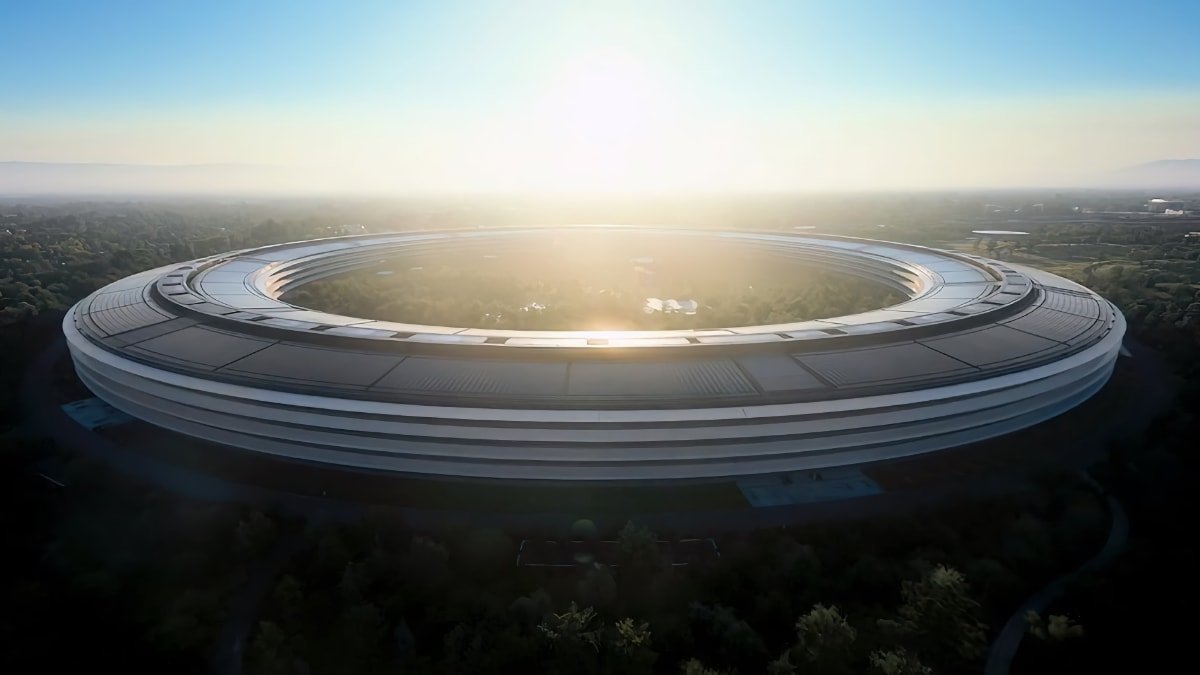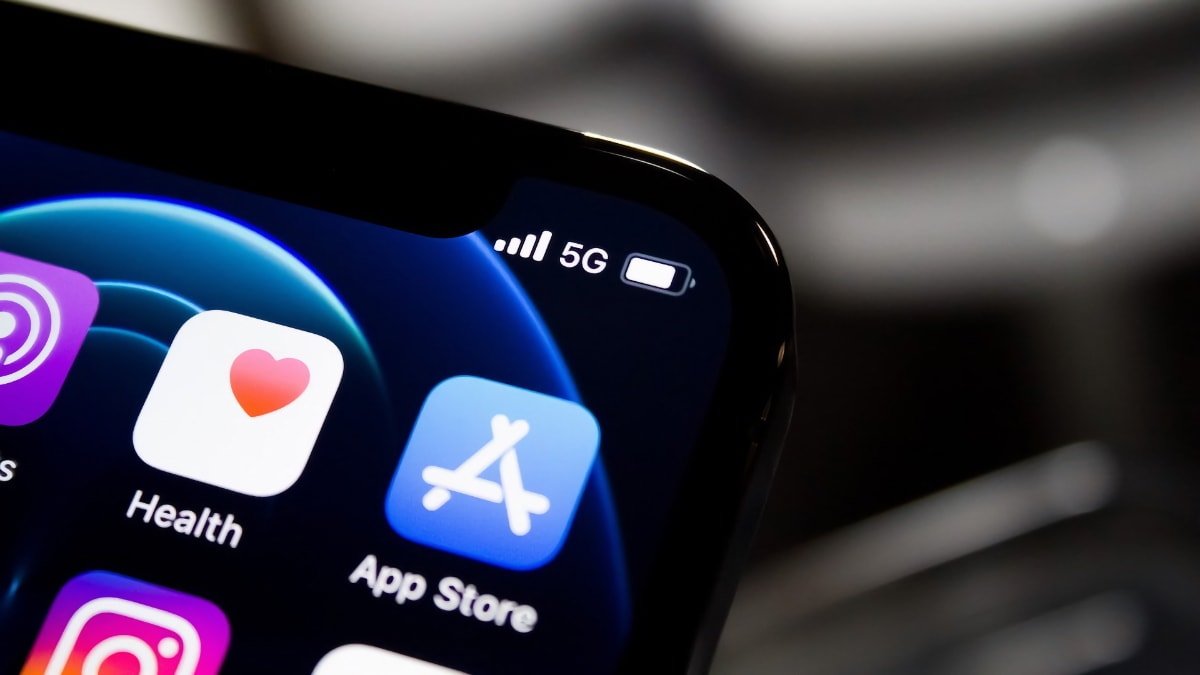
Apple defends business practices in motion to dismiss DOJ lawsuit

Apple has filed a motion to dismiss the Department of Justice’s antitrust lawsuit, saying the case lacks a legal foundation.
The DOJ, along with several states, has accused Apple of monopolistic practices, particularly concerning its iPhone and related ecosystem. The lawsuit alleges that Apple’s control over its App Store and certain iPhone features has stifled competition and harmed consumers.
The DOJ’s case is supported by multiple states that have joined the suit, reflecting a significant collective legal effort against the company.
Apple’s motion to dismiss
On Thursday, Apple filed a motion to dismiss, an expected move to counteract the DOJ. In its motion, Apple contends that the DOJ’s lawsuit fails to allege any illegal exclusionary conduct.
The company argues that its practices, such as deciding which apps are available on its App Store and setting terms for access to iPhone features, are lawful business decisions. Apple’s legal team emphasizes that the company is not obligated to grant competitors access to its proprietary technology on their terms.
Highlights from Apple’s motion
Apple says its refusal to deal with certain third parties on their preferred terms is a standard business practice protected by antitrust law. The company cites the Supreme Court’s decisions in cases like Verizon Communications Inc. v. Law Offices of Curtis V. Trinko, LLP and Pacific Bell Telephone Co. v. linkLine Communications, Inc., which uphold a company’s right to choose how and with whom it will deal.
The company claims that its actions, such as limiting access to certain APIs or features for third-party developers, don’t constitute exclusionary conduct. Apple argues that these decisions are necessary to maintain its iPhone ecosystem’s quality, security, and privacy.
That approach is framed as essential to protecting the integrity of its products and services rather than an effort to stifle competition.

Apple disputes the DOJ’s characterization of its market power
Apple disputes the DOJ’s characterization of its market power, arguing that it faces significant competition from other smartphone manufacturers like Google and Samsung. The company highlights that it does not hold a monopolistic market share that would justify the DOJ’s claims.
Apple suggests that the competitive landscape undermines the notion that it can control the market to the detriment of consumers.
Additionally, Apple emphasizes that its business practices have led to significant consumer benefits, including enhanced security and a seamless user experience. The company argues that its integrated ecosystem results from substantial investment and innovation rather than anti-competitive conduct.
Apple insists that these benefits demonstrate the positive impact of its policies, countering the DOJ’s allegations of consumer harm. The lawsuit could rage on for several years.



